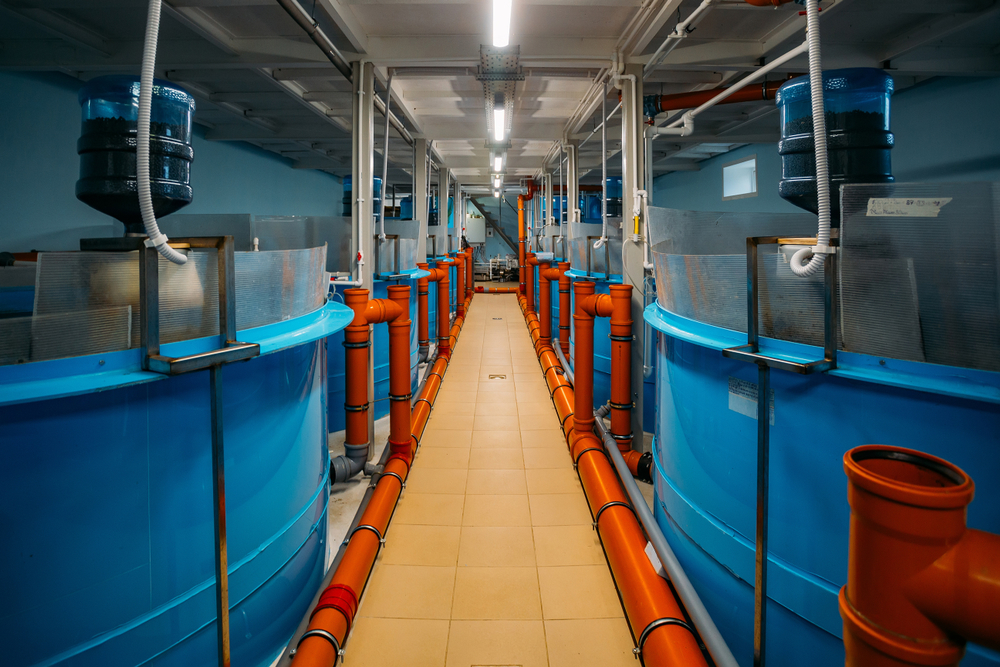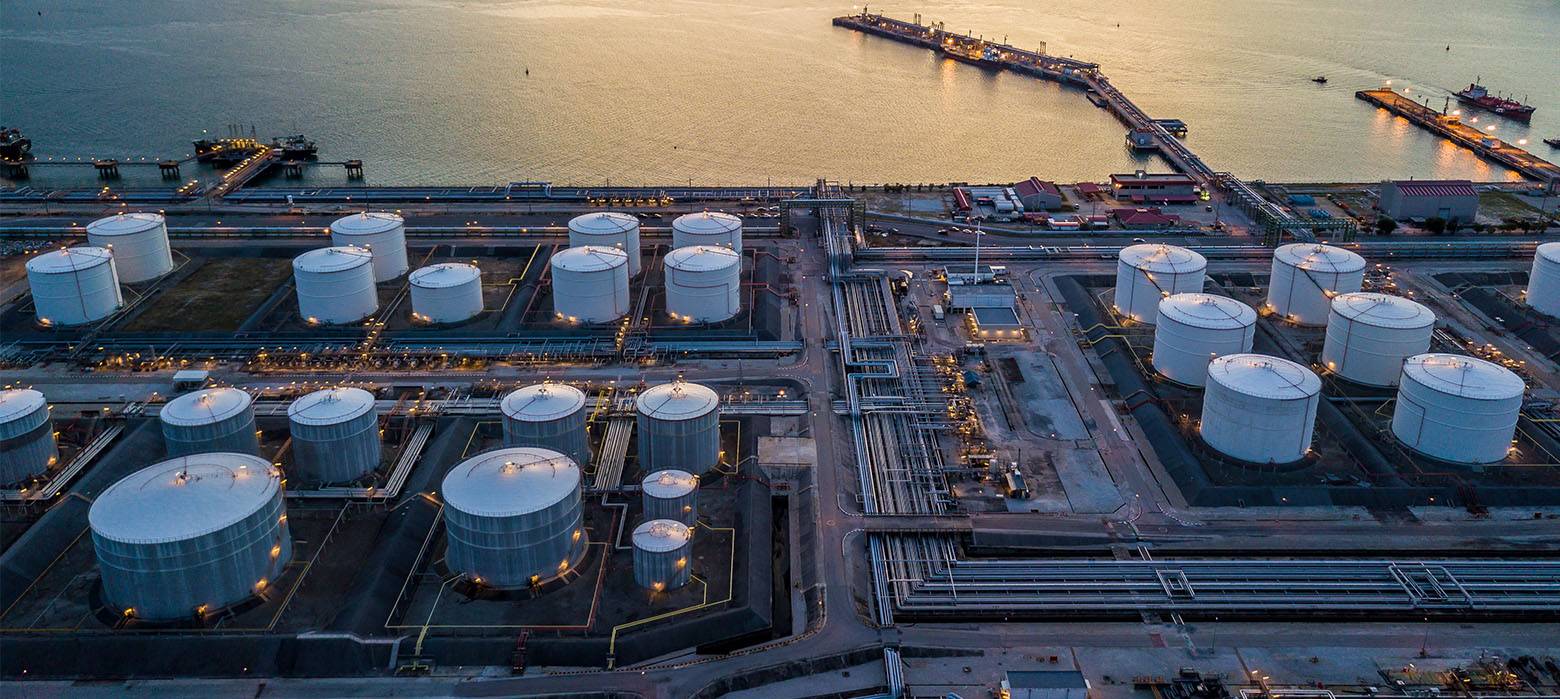
- admin
- October 26, 2023
Types of industrial plastic tanks: Choosing the right materials for your needs
When it comes to industrial plastic tanks, the choice of material can make a significant difference in the performance and longevity of your storage solution. Several plastic materials are commonly used in the fabrication of these tanks, each with its unique characteristics and ideal applications. In this article, we’ll explore some of the most prevalent types of industrial plastic tanks and their suitability for various purposes.
1. High-Density Polyethylene (HDPE)
Characteristics: High-density polyethylene-based industrial plastic tanks are prized for their robust construction, smooth finish, and resistance to a wide range of temperatures. They typically feature a pristine-white color.
Applications:
- Water treatment
- Storage of organic and inorganic acids
- Dispensing photo and laboratory chemicals
- Brine and plating materials storage
- Storing caustics and metal finishing solutions
Limitations: HDPE tanks are not suitable for storing the following substances due to their characteristics:
- Aromatic hydrocarbons
- Strong oxidizing agents
- Liquefied petroleum gas
- Halogenated-aliphatic hydrocarbons
- Solvents
2. Cross-Linked Polyethylene (XLPE)
Characteristics: XLPE-based industrial plastic tanks are well-regarded for their natural or yellow color and exceptional resistance to corrosive materials, making them an ideal choice for challenging environments.
Applications:
- Chemical processing
- Sodium hypochlorite storage
- Wastewater and water treatment
- Storage of chemicals for boiler treatment
- Storing corrosives, including hydrofluoric, sulfuric, and hydrochloric acids
- Storage of inorganic and organic compounds and chemicals
Limitations: XLPE tanks are not recommended for storing certain materials, including:
- Aromatic hydrocarbons
- Strong oxidizing agents
- Liquefied petroleum gas
- Halogenated-aliphatic hydrocarbons
- Solvents
3. Polypropylene (PP)
Characteristics: PP-based industrial plastic tanks are celebrated for their versatility in handling a wide variety of organic chemicals. They typically feature an off-white color.
Applications:
- Sanitary processes
- Pickling and plating lines
- Etch tanks for processing silicon wafers
Limitations: There are certain restrictions on the use of PP tanks, including:
- Sub-zero temperatures
- Storage of chlorinated or aromatic hydrocarbons
- Use with strong oxidizing agents
4. Polyvinylidene Fluoride (PVDF)
Characteristics: PVDF-based industrial plastic tanks are known for their off-white color and exceptional resistance to halogenated chemicals, strong oxidizing agents, and inorganic acids. They are highly reliable for storing process fluids without contamination risks.
Applications:
- Recovery of precious metals
- Storage of non-potable, ultra-pure water
- Etch tanks for processing silicon wafers
- Storage and processing of halogenated chemicals
- Storing sulfuric acid and bleach for processing paper and pulp
Limitations: PVDF tanks are not recommended for storing certain materials, including:
- Concentrated caustic soda and nascent chlorine gas
- Hot, concentrated caustics, esters, and ketones
At GSC Tanks, we understand the importance of selecting the right type of industrial plastic tank to meet your specific needs. Our experts are available to guide you through the selection process, ensuring that your storage solution is both cost-effective and suitable for your application. To know other different types of storage tanks, visit the link: https://www.gsctanks.com/category/storage-tanks/ .Contact us today to schedule a consultation with our qualified team and get started on finding the ideal industrial plastic tank for your business. Your satisfaction and safety are our top priorities.
- industrial plastic tanks
Category
- Above Ground Fuel Tanks
- Above Ground Gas Storage Tank
- Above Ground Storage Tanks
- Above Ground Water Storage Tanks
- Agricultural Tanks
- Chemical storage Tanks
- Diesel Fuel Storage Tanks
- Diesel Storage Tanks
- Exernal FloatingRoof Tanks
- Farm Water Tank
- Fiberglass Oil Tanks
- Fiberglass Septic Tanks
- Fiberglass Underground Fuel Storage Tanks
- Field Erected Tanks
- Floating Roof Tank
- Fuel tank
- Industrial Chemical Storage Tanks
- Industrial Gas Tanks
- Industrial Plastic Tanks
- Industrial Storage Tanks
- Industrial Tank heating pads
- industrial tanks
- Natural gas
- Natural gas vs Propane
- oil storage tank
- Oil Storage Tanks
- Peracitic Acid
- Petroleum Tanks
- Residential gasoline storage tanks
- Residential Water Storage Tanks
- Sodium Hydroxide Storage Requirements
- Sodium Hypochlorite Storage Tanks
- Steel Storage Tanks
- storage tank failure prevention
- Storage Tanks
- Sulfuric Acid Tanks
- Uncategorized
- UnderGround Storage Tanks
- Waste water tank
- Water Storage Tanks

 Tank Size Calculator
Tank Size Calculator






